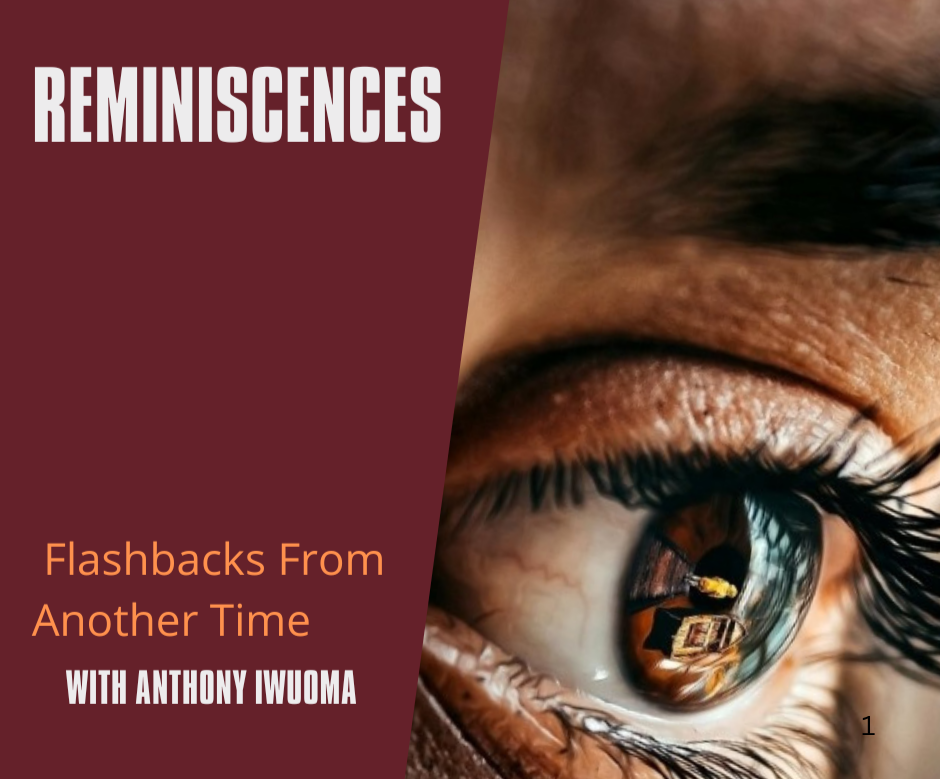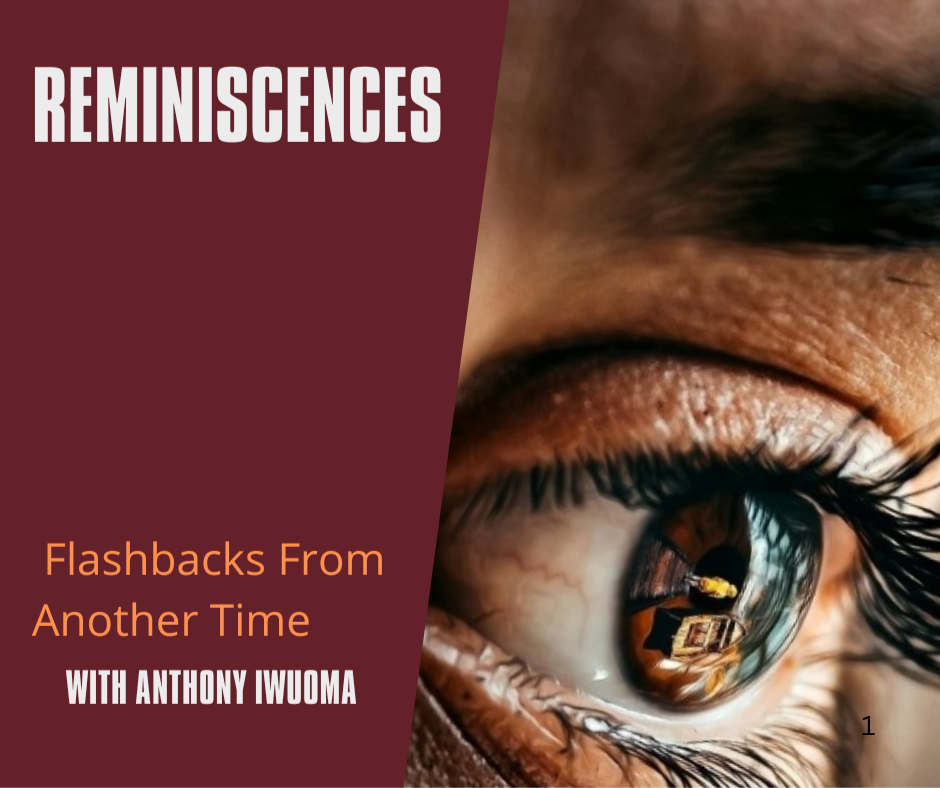
By Publisher
Kindly share:
In the grand theatre of Nigerian politics, where promises are the props and the masses the perpetual audience, one actor always steals the spotlight; the Nigerian Politician. Dressed in crisp agbada with a rehearsed smile and an entourage as long as a traffic jam, he parades as a servant of the people while feasting at their expense. He is the Benevolent Scavenger, a curious breed who scavenges for riches beneath the pretence of public service.
This politician is not born but made, in the backrooms of smoky political meetings, moulded by opportunism, and baptised in the holy waters of patronage. He emerges, not with ideas, but with slogans. Not with a plan, but a pocket, deep, expansive, and perpetually empty until filled by public funds.
His first miracle is always theatrical. He weeps on the campaign stage, holding a child from a rented orphanage, swearing by ancestors and the constitution to uplift the downtrodden. “My people,” he says, “your suffering is my suffering.” Meanwhile, his campaign team is distributing branded rice and ₦500 notes to secure votes. He doesn’t buy votes; he calls it “appreciation.” And the masses, ever hungry, ever hopeful, collect, because in Nigeria, poverty is both a tool and a tactic.
He declares war on corruption with one hand while the other hand signs inflated contracts to companies owned by his barber and childhood best friend. A borehole project appears in the budget for ₦35 million, dug halfway, then abandoned like every promise he ever made. “We are empowering communities,” his spokesman says. Empowerment, in Nigerian politics, often means donating sewing machines without needles and clippers without blades.
In the name of constituency projects, he builds invisible bridges and opens phantom ICT centres stocked with two broken laptops and a banner that reads: “Touching Lives.” These projects exist only in photos, with ribbon-cutting ceremonies attended by confused villagers and a photographer flown in from Abuja. Meanwhile, he has collected billions of naira for constituency projects execution in concert with proxy rogues.
Come election season, the politician becomes a humanitarian. He hands out wrappers, distributes used motorcycles, and organises free medical checkups that involve one blood pressure machine and a WhatsApp group. He reappears in forgotten towns with a bag of rice in one hand and a loudspeaker in the other, declaring: “I have come to fulfill my promise.” The people clap, not because they believe, but because they know the rice won’t last forever.
The election itself is a different kind of performance. Votes are cast, but the real voting happens later, in dark rooms, through doctored figures and compromised collation officers, planted by ever-greased, pliant electoral officers. When the results are announced, it’s less about democracy and more about arithmetic gymnastics wherein the last could become the first and first the last. “We won fair and square,” he says, flanked by atrocious men in dark goggles. Fairness, of course, is defined by who owns the server.
If dragged to court, he invokes technicalities, counterclaims, and divine intervention. He is the one who tells you to go to court for obvious reasons. “Let the courts decide,” he says, knowing full well that the judiciary, too, has learned the art of negotiation. If the verdict swings his way, he gives thanks. If not, he defects to another party and starts afresh, new colour, same intentions. More so, if caught in the web of corruption, he defects to the ruling party, and his sins are washed away.
Once in power, the Nigerian Politician becomes a motivational speaker. Every press conference begins with a proverb and ends with a threat. Questions about accountability are brushed aside with tales of sabotage and long-term vision. “Rome wasn’t built in a day,” he reminds the press, though he’s only managed to renovate one roundabout in four years, and it floods during the rainy season.
His convoy expands. Twenty cars become forty. His security detail grows, while citizens sleep with one eye open. He jets to conferences abroad, discussing poverty with billionaires, while his state hospitals lack syringes. He posts photos of international meetings, while his local schools crumble. “We are learning best practices,” he tweets. Best practices do not include functioning infrastructure.
Behold the politician as a philanthropist, the man who donates what he first diverted. His Humanitarian Gesture is without rival. In a grand event aired on live TV, he commissions boreholes with ceremonial scissors, gifts cows to widows, and pays WAEC fees for ten lucky students (whose results mysteriously vanish the following year).
He builds “world-class” primary health centres that look like upcycled poultry sheds, and every December, he shares Christmas rice with labels featuring his face larger than the bag itself. “He gave us food!” the people cry, conveniently forgetting they paid for it twice.
In times of disaster, whether flood, fire, or famine, he visits with photographers, not engineers. When flooding displaces a village, the politician arrives by helicopter (because roads are for peasants), surveys the destruction from the air, and drops relief materials like an overfed Santa Claus: four cartons of Indomie, a bag of expired beans, and one inspirational tweet. Relief materials are announced in bulk but arrive in sachets. He promises investigation panels whose reports are never seen. He makes cyclic promises of never again and disappears, only to resurface during calamities next time.
Meanwhile, the youth, the future of tomorrow that never comes, receive lectures about hard work, often from those who have never held a job outside politics. When protests erupt, he calls for dialogue, preferably from the comfort of a bulletproof vehicle. “We must protect lives and property,” he says, while security forces aim teargas at hungry teenagers.
Yet, in every election cycle, he returns. Older, wealthier, slicker. He changes slogans like clothes and parties like seasons. “This time, we will get it right,” he assures. And the people, bruised but hopeful, give him another chance, because in Nigeria, hope is the only currency more abundant than corruption.
At the end of his term, having served his people with passion, plunder, and occasional prayers, the politician prepares to leave office, often into the warm embrace of Senate chambers or the amnesia of EFCC. But retirement is never the end. He is called once again by destiny (or a plea bargain) to “continue the good work,” usually by launching a new political party, defecting to an old one, or declaring interest in the presidency, “if the people insist.”
And the people do insist. Not because they love him, but because he is the only option with enough stolen funds to mobilise the grassroots (also known as professional praise singers). His posters re-emerge. His slogans are recycled. His lies are repackaged. And the cycle begins again.
The Nigerian politician does not retire; he aspires to continue his acts of benevolence. From senator to governor, from governor to presidency, or even party chairman or traditional ruler. Power is not a service, but a career path. He declares: “Experience matters!” Experience, in his context, means mastering the art of doing nothing while perfecting the act of appearing busy.
Thus, the Benevolent Scavenger thrives. He smiles, he waves, he loots. And the people, weary yet resilient, keep watching the same play, clapping not out of joy, but out of habit. Hmmm, the people. They are the supporting cast in this sordid epic: A long-suffering, long-smiling ensemble of hopeful pessimists. They joke, they tweet, they pray. On Mondays, they curse politicians; on Tuesdays, they beg them for transport fare. On Wednesdays, they trend hashtags for justice; on Thursdays, they queue for rice from the same men they hashtagged.
When a politician builds a bridge to nowhere, they cheer. When he donates money to a foreign university while local ones strike, they clap. When he buys a mansion in Dubai, they whisper, “At least he’s not as bad as the last one.”
This, after all, is Nigeria, where memory is short, satire is reality, and the theatre of politics is both tragedy and comedy. The politician knows this. He knows that with enough time, hunger, and handouts, he can always return.
In the end, the Nigerian Politician may be many things: a liar, a looter, a legend, but above all, he is a master illusionist. He feeds on the system while claiming to fix it, and when questioned, he dons the robe of sacrifice. “I have given my life to public service,” he says.
Indeed. And he has taken the nation’s soul as collateral.
And ever prayerful, he prays: Oh God of self-preservation, bless my offshore accounts. Strengthen my media team, that they may spin even the ugliest truths into the fabric of fake news. Let my enemies be distracted by minor scandals, and may the people remain just hopeful enough to forget. Above all, grant me the grace to keep pretending I care, until I can finally afford to stop pretending. Amen.




